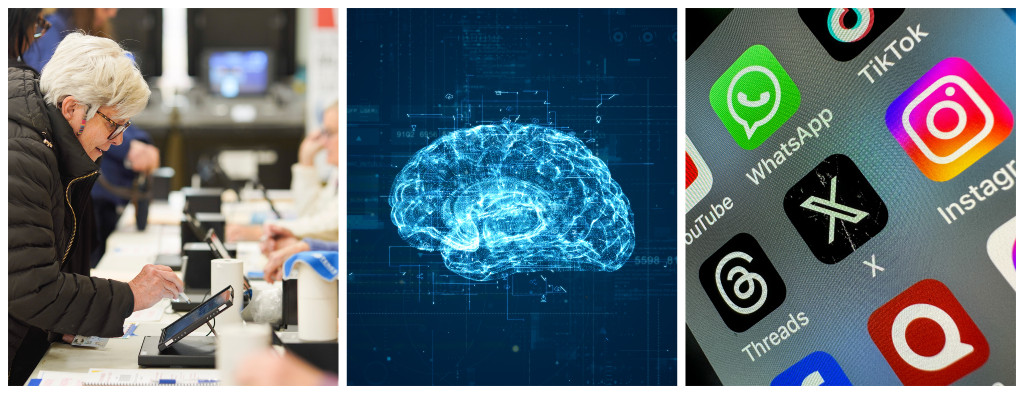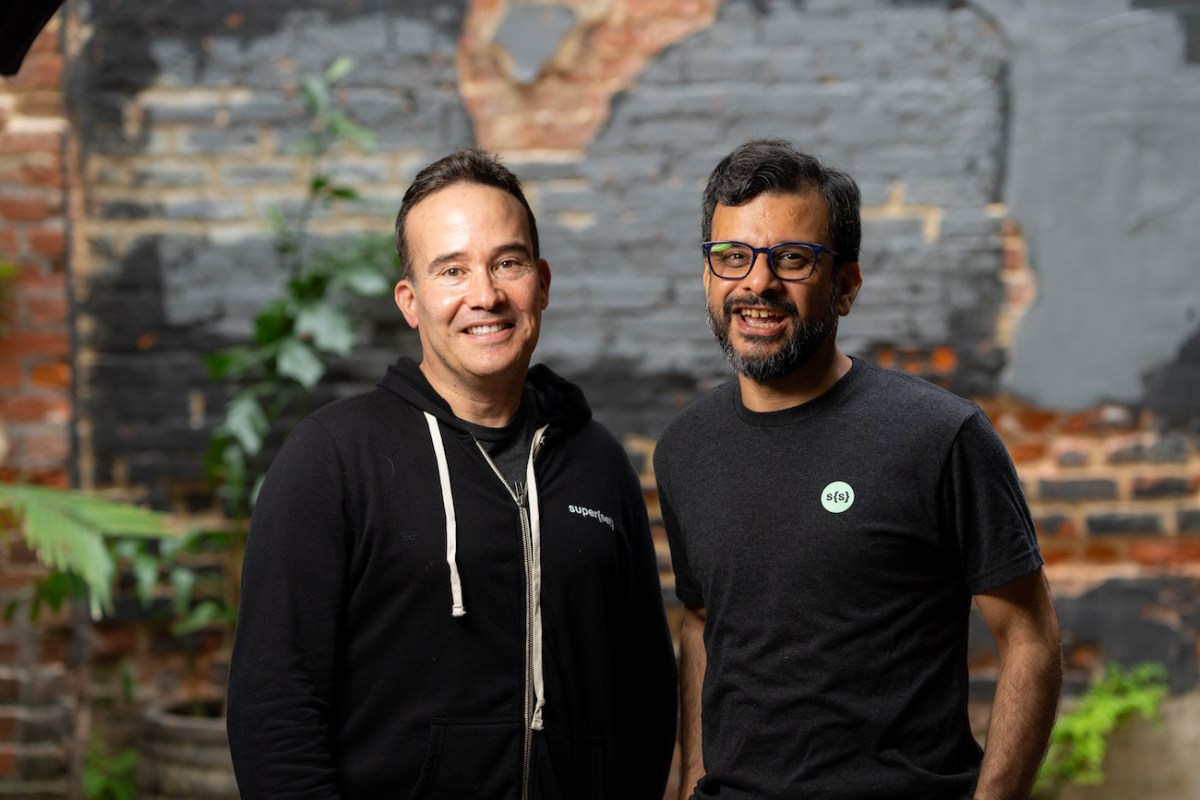Voters from over 50 countries participated in the 2024 elections, marking a significant global engagement. This election cycle introduces a new challenge with the potential use of generative artificial intelligence (AI) to produce disinformation, including AI-generated deep fakes featuring political figures. Tech companies are now tasked with swiftly addressing and mitigating the misuse of AI tools on their platforms on a worldwide scale.
To combat the spread of AI-generated misinformation during elections, social media platforms and IoT companies have pledged to enhance transparency, engage with civil society, promote media literacy, and educate the public on identifying deceptive content. However, these initiatives are not without their shortcomings, such as vague guidelines that may pose challenges in enforcement. Collaboration between tech companies, governments, and civil society is essential to effectively tackle these issues, especially with elections expecting high voter turnout globally.
One common focus among tech commitments is engaging with non-profit organizations and civil society to address deceptive AI use in elections. For example, the Munich Security Conference signatories have vowed to collaborate with educational and civil society institutions to combat deceptive AI content. Companies like Google, TikTok, and Microsoft have announced partnerships with various organizations to provide accurate information and enhance media literacy among users.
Transparency regarding AI usage, identification of AI-generated content through labeling and metadata, and efforts to develop public media literacy are key strategies outlined in the tech commitments. Companies like OpenAI, Google, Meta, and TikTok are implementing measures to detect and label AI-generated content, ensuring users can distinguish between authentic and manipulated information. Additionally, initiatives to educate the public on AI risks and build resilience against deceptive content are being prioritized.
However, challenges remain in defining and enforcing policies related to deceptive AI content. Ambiguities in terms like “reasonable precautions” and variations in defining deceptive content pose regulatory hurdles. Moreover, gaps in addressing specific types of AI-generated misinformation, enforcement mechanisms, and cultural nuances highlight the complexity of content moderation during elections.
In preparation for the 2024 elections, tech giants like Snapchat, TikTok, OpenAI, Meta, Google, and Microsoft have unveiled various strategies to safeguard electoral integrity. From enhancing content authenticity through digital watermarking to partnering with election authorities for secure processes, these commitments aim to combat misinformation and ensure transparent and secure elections globally.
As the tech landscape evolves, continuous collaboration, innovation, and vigilance are imperative to uphold the integrity of democratic processes and combat the misuse of AI technologies in elections worldwide.










